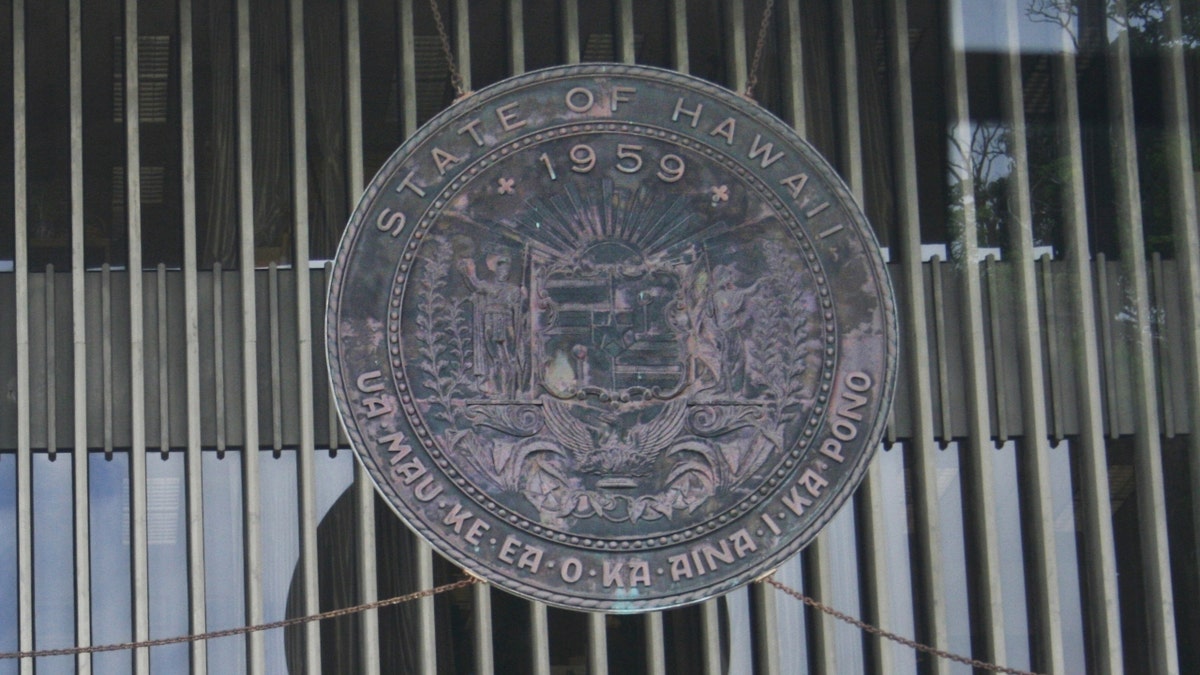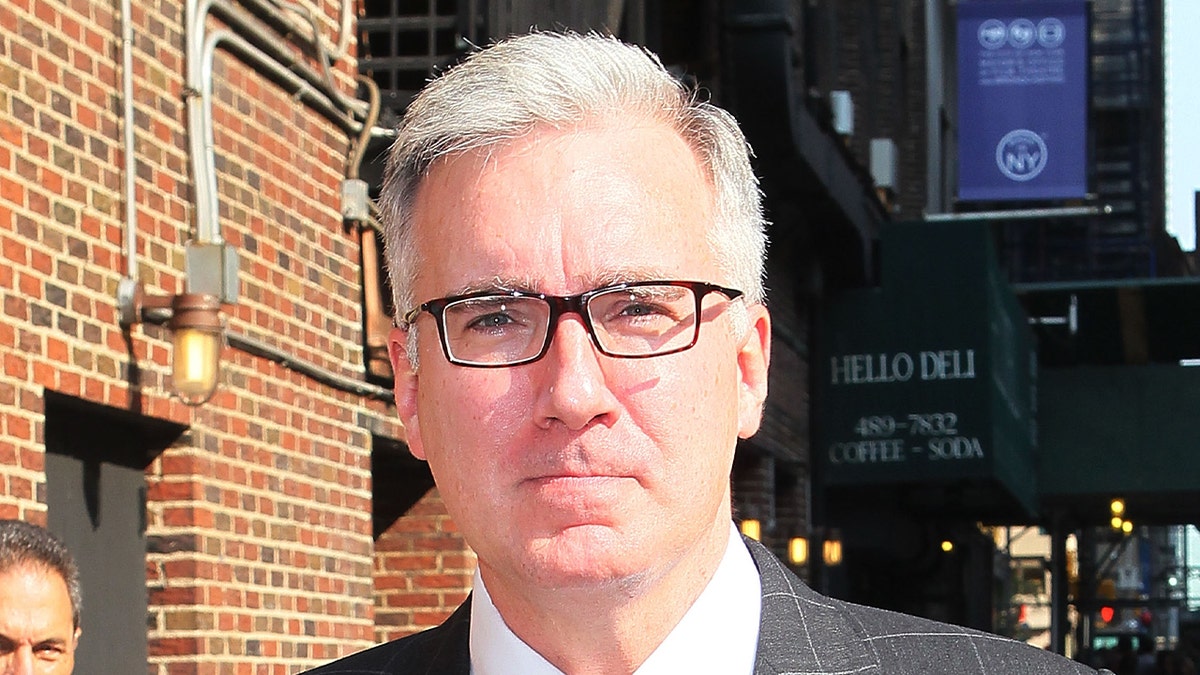Hawaii is facing a concerning increase in syphilis cases, particularly among women and newborns, prompting health officials to emphasize the urgent need for expanded screening and treatment. This alarming trend comes amidst nationwide public health funding cuts and clinic closures, which have contributed to the rise of several sexually transmitted infections.
The Hawaii Department of Health has labeled the rising number of congenital syphilis cases as "alarming and requiring immediate attention." Between 2000 and 2019, congenital syphilis cases in newborns fluctuated between zero and four annually. This number surged to 20 in 2021, with preliminary data suggesting at least 22 cases in 2022. This dramatic increase is directly linked to the growing number of infections among adults.

Aerial view of eastern Oahu island, Hawaii.
Dr. Diana Felton, chief of the Department of Health's Communicable Disease and Public Health Nursing Division, stressed the importance of regular syphilis testing for all sexually active individuals, especially those with risk factors for STIs. For pregnant individuals, she recommends a three-pronged screening approach: early in the first trimester, between 28 and 32 weeks of gestation, and at the time of delivery. Treatment for sexual partners is also crucial to prevent reinfection.

Seal of the State of Hawaii at the Hawaii State Capitol Building.
Given that many congenital syphilis cases in Hawaii are linked to late or absent prenatal care, the department is advocating for increased screening opportunities in various healthcare settings, including emergency rooms, urgent care clinics, and primary care visits. These settings provide critical opportunities to identify, treat, and prevent the recurrence of syphilis.
Dr. Felton highlighted the severe health consequences of untreated syphilis, particularly for developing babies, including an elevated risk of stillbirth or neonatal death. Early detection and prompt treatment are vital to preventing these devastating outcomes.

Skyline of the Waikiki neighborhood of Honolulu.
The health department strongly encourages women to seek prenatal care as soon as possible after learning they are pregnant, ideally within the first trimester. Furthermore, they are urging healthcare providers to be vigilant in screening for syphilis in individuals who may become pregnant and throughout pregnancy.








